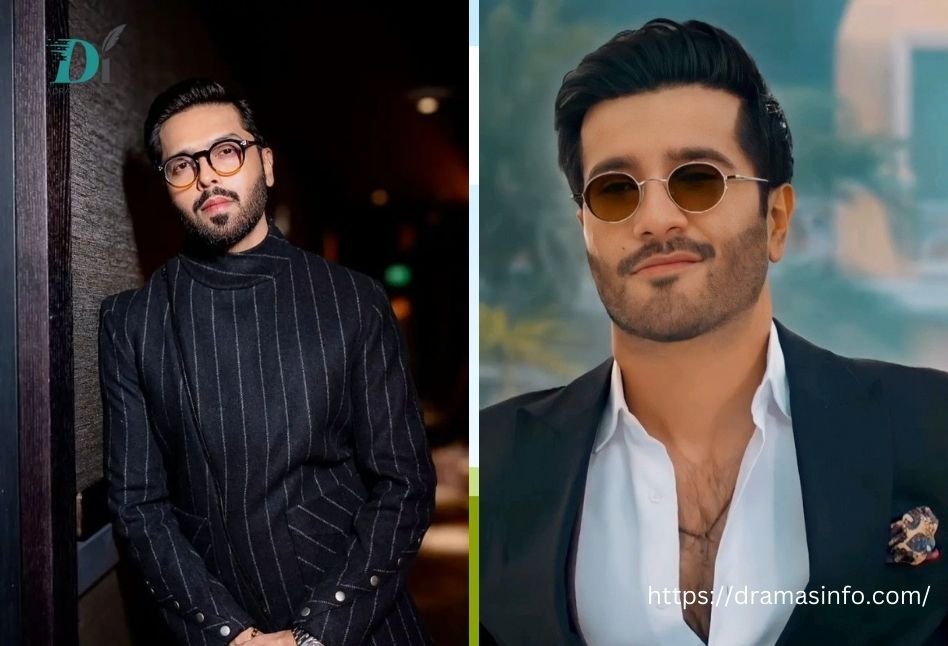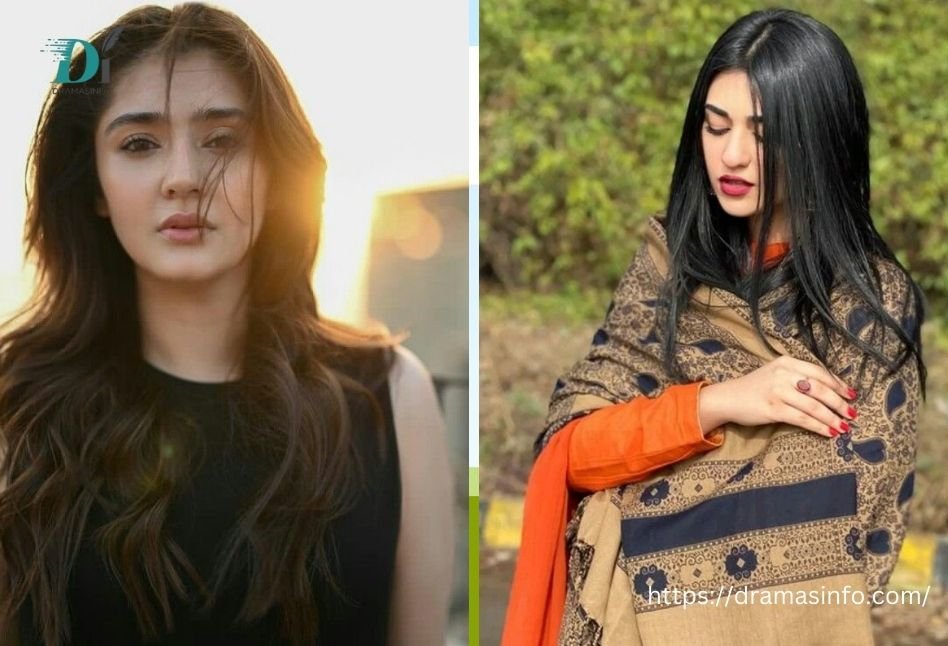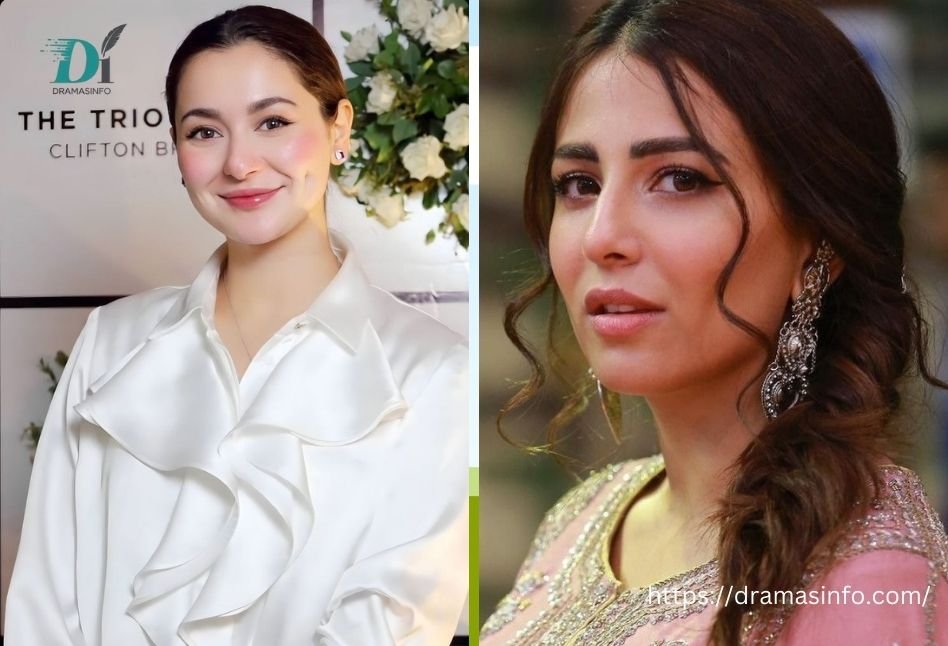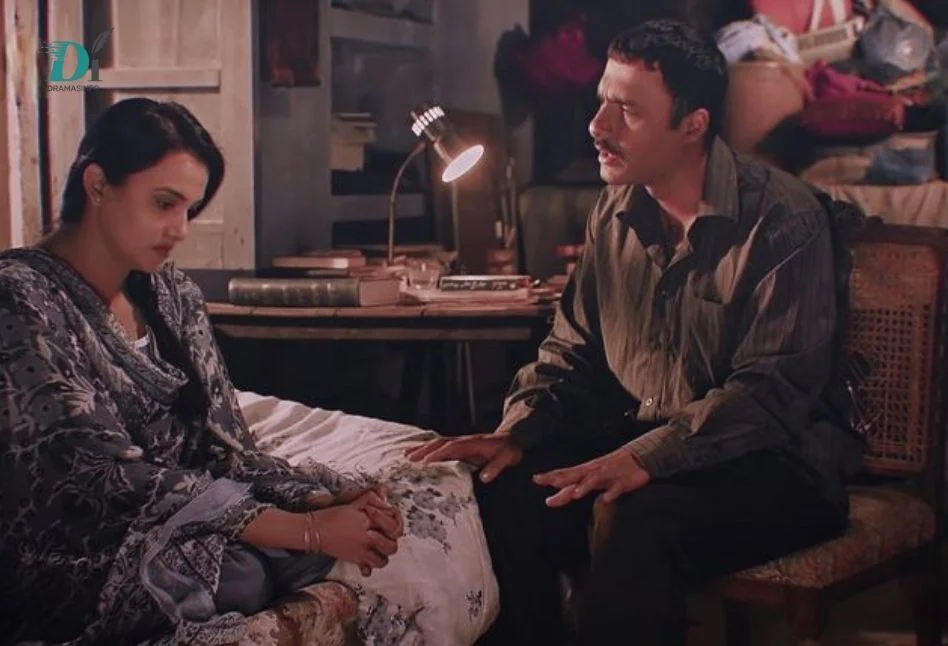


Pakistani dramas or serials are television series produced in Pakistan. Serials are increasingly being produced in Sindhi, Pashto, Punjabi, and Balochi, among other Pakistani languages, despite Urdu being the main language of production.

The Urdu television series Khuda Ki Basti, which debuted in 1969, is among the earliest dramas on Pakistani television.
Many Pakistani dramas are based on Urdu books, and some authors switched to writing for television in the years after 1969.
Umera Ahmad and Farhat Ishtiaq, for example, have written for both television serials and digests.
Dramas in Pakistan have started to address taboo societal problems more and more in recent years.
Similar to serials in other countries, Pakistani dramas are a reflection of the culture of the nation. The 1970s and 1980s are regarded by several commentators as the prime years for Pakistani serials.
According to a 2016 estimate by journalist Shahrezad Samiuddin and senior subeditor Maleeha Hamid Siddiqui of Dawn News, the five main entertainment channels alone create over 80 dramas annually, with an average of 16 dramas per station.
Khan Marina
Jabbar Mehreen
Khoosat Sarmad
Lashari Bilal
Hussain Haissam
Duraid, Momina
Celebrated Pakistani drama filmmakers Momina Duraid, Mehreen Jabbar, and Sarmad Sultan Khoosat are renowned for their powerful narratives.
Their well-known productions, like Daam, Zindagi Gulzar Hai, and Humsafar, have revolutionised television and won praise from both domestic and foreign audiences.
The renowned actor Fawad Khan gained widespread recognition for his outstanding roles in Zindagi Gulzar Hai and Humsafar.
Likewise, one of the most reliable celebrities, Humayun Saeed, is appreciated for plays such as Mere Paas Tum Ho.
PAKISTAN DRAMA Starring Kim Yoo-jung, Song Kang, Lee Sang-yi, and Kim Hae-sook, My Demon (Korean: 마이 데몬) is a South Korean television series that aired on SBS TV every Friday and Saturday at 22:00 KST from November 24, 2023, to January 20, 2024.


Starring Kim Yoo-jung, Song Kang, Lee Sang-yi, and Kim Hae-sook, My Demon (Korean: 마이 데몬) is a South Korean television series that aired on SBS TV every Friday and Saturday at 22:00 KST from November 24, 2023, to January 20, 2024.
Bilal Abbas Khan has dazzled audiences with his work in Cheekh and Dobara, while Ahad Raza Mir rose to stardom with Yakeen Ka Safar.
Mahira Khan is a notable actress who is well-known for both her cross-border film debut and her iconic part in Humsafar.


With their roles in Dil Ruba and Suno Chanda, respectively, Hania Aamir and Iqra Aziz have also gained popularity.
The rich storytelling, emotional depth, and cultural authenticity of Pakistani dramas have made them a mainstay of South Asian entertainment for a long time.
These dramas, which have their roots in the nation’s literary traditions, have become a cultural phenomenon and have become incredibly popular both domestically and abroad.
With the founding of Pakistan Television Corporation (PTV) in the early 1960s, the history of Pakistani dramas began.


The standard for excellent storytelling was established by early masterpieces like Tanhaiyan and Khuda Ki Basti, which concentrated on human emotions, family dynamics, and social issues.
A golden age of television was ushered in by iconic shows like Dhoop Kinare, Ankahi, and Humsafar, which established standards for excellence.
The intricately woven tales of Pakistani dramas are praised. These dramas strike a profound chord with viewers, whether they explore universal themes like love, sacrifice, and resilience or address societal challenges like gender inequity, mental health, or class disparities.
Pakistani dramas emphasise complex and likeable characters rather than ones that are unduly dramatic or overblown.
Because of these skilfully developed characters, viewers are able to relate to the story on a personal level.
The majority of Pakistani dramas are around 20–30 episodes long, guaranteeing succinct narratives that keep viewers’ attention without needless lag.
Pakistani dramas provide a striking depiction of the nation’s rich cultural legacy, from traditional dress and language to regional traditions and ideals.
Pakistani dramas have become popular worldwide, especially in nearby nations like India, where they have a sizable following.
International broadcasts of shows like Zindagi Gulzar Hai, Humsafar, and Meri Zaat Zarra-e-Benishan received praise for their distinct narrative approaches and profound emotional content.
Pakistani dramas are now more widely available to viewers in the Middle East, Europe, and North America because of streaming services like YouTube and Zindagi Channel.

Pakistani actors Sajal Aly, Mahira Khan, and Fawad Khan have become international celebrities as a result of their worldwide exposure.
The representation of women in Pakistani drama TV series is a common source of scepticism and reluctance among Pakistani feminists.
99.99% of Pakistani TV dramas are misogynist and patriarchal mediaeval in their portrayal and handling of women’s issues.
According to Ahmar, Pakistani drama TV shows are unquestionably very popular with all societal classes, but they sadly miss opportunities to portray progressive principles instead of regressive ones, such as supporting equal rights and portraying women.
MBC in the Middle East aired the Arabic dubbing of the Pakistani serial Humsafar in 2013 under the title Rafeeq al-Rooh.
After its first few episodes aired, the show quickly grew popular and became the most watched drama on the channel.
Following Humasafar, MBC also dubbed and aired a number of other episodes in Arabic, including Malaal (which aired as Hob-Wa-Nadam), Zindagi Gulzar Hai (which aired as Asrar Al Hob), Khaani, Aisi Hai Tanhai, Suno Chanda, and several others.
The drama industry in Pakistan is bolstered by a talented group of producers, directors, and writers.
Because of their gripping writings, authors like Farhat Ishtiaq and Umera Ahmed have become well-known.
Production companies like ARY Digital and Hum TV have been instrumental in improving the calibre of television programming, and directors like Mehreen Jabbar and Sarmad Khoosat are renowned for their imaginative storytelling.
The industry nevertheless confronts difficulties in spite of its achievements.
Creative freedom is frequently hampered by a lack of infrastructure, censorship concerns, and tight resources.
Nonetheless, new chances for creativity and experimentation are presented by the increasing use of digital platforms.

A new era of Pakistani dramas is being ushered in by the emergence of online streaming platforms as a platform for creators to experiment with daring and unusual subjects.
Pakistani dramas are still a shining example of artistic and cultural expression, fusing modernity and tradition to produce tales that appeal to all ages.
The tradition of Pakistani drama endures in a world that is always changing because the industry stays true to its origins while exploring new possibilities.
When compared to other drama industries, Pakistani dramas are widely popular due to a combination of relevant storytelling, cultural representation, excellent production values, and social relevance.
The Urdu television series Khuda Ki Basti, which debuted in 1969, is among the earliest dramas on Pakistani television. Similar to serials in other countries, Pakistani dramas are a reflection of the culture of the nation.
Pakistan’s film industry, known as Lollywood, has been the foundation for the creation of films in Punjabi and Urdu. Lollywood. ARY Films is the primary distributor.
By definition, TV serials that are typically produced in Pakistan are known as Pakistani dramas. Most of these drama serials are typically created in Urdu, but more lately, they are now being produced in Pashto and Punjabi, among other branches of the Pakistani language.
Dramas are so intriguing to viewers because they are relatable. The 55-year-old reviewer asserts, “I think that dramas can better represent the thoughts and feelings of ordinary people than any other form of media.”